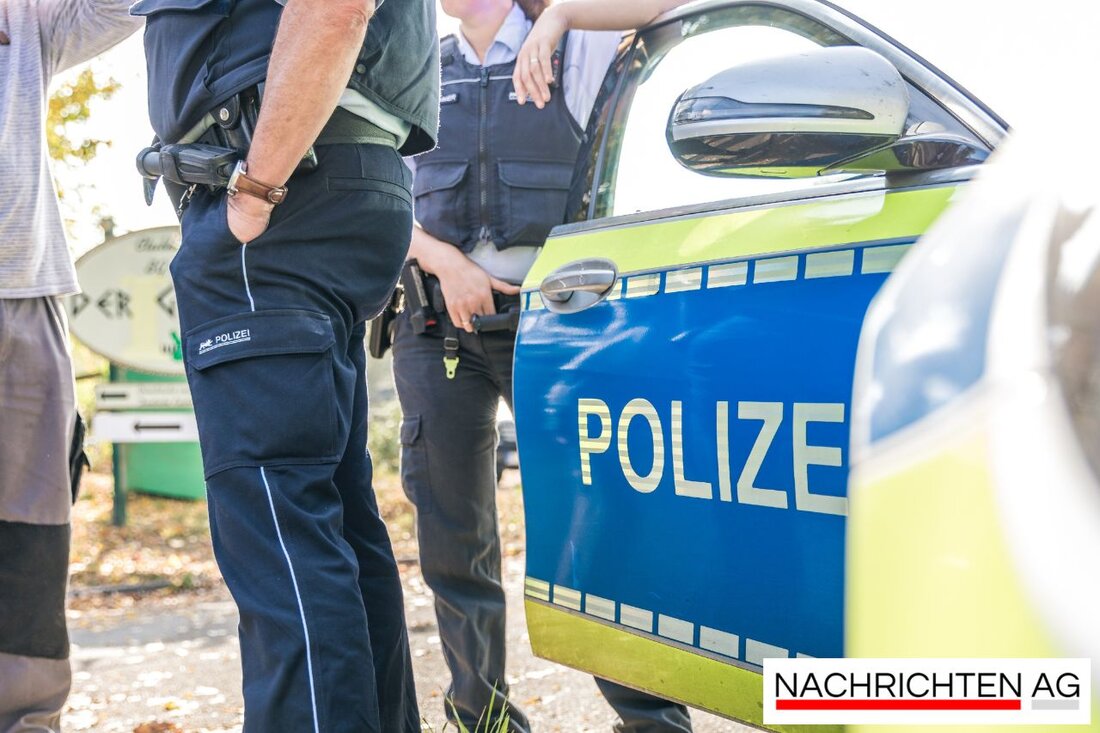Nationwide raid: Police fight against online hate in Bremen!
Nationwide police operation against online hate in Bremen: five searches, investigations into incitement and hate postings.

Nationwide raid: Police fight against online hate in Bremen!
Today, a comprehensive nationwide police operation sent a strong message against online hate. A focus of this campaign was in Bremen and Emden. An 18-year-old suspect was questioned cooperatively in Emden. He is accused of posting Nazi symbols and slogans on Instagram, which led investigators to investigate him for spreading the symbols of unconstitutional organizations, such as Stern.de reported.
At the same time, search warrants were executed at five locations in Bremen in several districts, including Walle, Huchting, Neustadt and Horn-Lehe. Investigations into sedition and the dissemination of propaganda from unconstitutional organizations led to these measures. The accused include four men and one woman between the ages of 19 and 68. Mobile phones and data carriers were seized during the searches. Criminal hate postings, such as an anti-Jewish post on YouTube and a hateful post against Alawites on Platform X, are also the focus of the investigation.
Escalation of hate online
What is particularly alarming is the increase in criminal hate postings from 2,411 cases in 2021 to more than 10,700 in 2024. In Lower Saxony alone, 5,344 such cases were registered last year. Despite the high numbers, almost half of the cases were dropped because the perpetrators could not be identified or the postings were not punishable. The majority of these cases have a right-wing extremist background, with frequent anti-Semitic or racist content. Younger people often spread hate via platforms like TikTok or Instagram, while older users are more likely to spread hate on Facebook. The advice centers are therefore calling on social networks to do more to combat hate postings PRIF thematised.
Right-wing extremist actors intensively use social networks to spread their messages and spread misinformation, which endangers social discussion. In many cases, the spread of racism and extremism occurs under the guise of seemingly harmless topics. The experts point out that social networks often do little to combat open right-wing extremist content and only take regulatory action when crimes are obvious.
Countermeasures and challenges
The police are currently being criticized for not doing enough to combat hate crimes on the internet. There is a lack of personnel and expertise for internet investigations bpb.de identified as an important challenge. In the future, we are aiming for a legal regulation that requires platform operators to report catalog crimes. This could help counteract the brutalization of communication on the Internet.
Future measures must therefore also improve the identification of suspects and demand the cooperation of platforms. The law to combat right-wing extremism on the Internet, which came into force a year ago, has already taken the first steps in this direction. But anonymity online and the unwillingness of platform operators to help investigate crimes remain major hurdles on the way to a safer digital space.
Today's police action is a step, but only the beginning of a long journey to effectively combat hate online and make the Internet a more respectful place for everyone involved. The engagement of authorities and social networks will be crucial to counter growing hate crime and protect democracy.

 Suche
Suche
 Mein Konto
Mein Konto